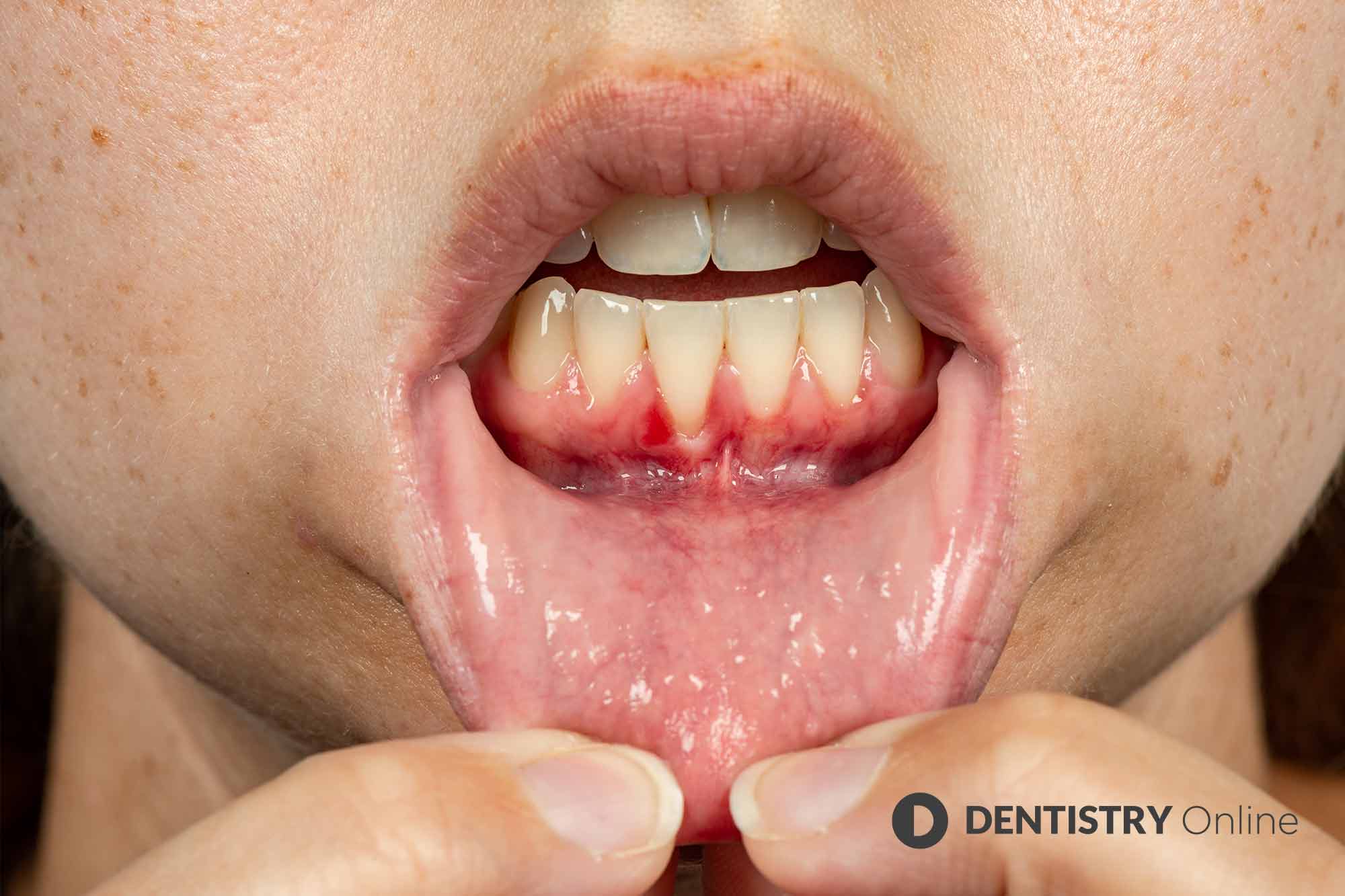 Patients with gum disease are three times more likely to suffer from complications if they contract COVID-19.
Patients with gum disease are three times more likely to suffer from complications if they contract COVID-19.
This is according to new research published in the Journal of Clinical Periodontology.
Analysing more than 500 patients with the virus, the research team discovered that those with gum disease were nine times more likely to die in comparison to those with healthy gums.
Additionally, they found those with gum disease were 3.5 times more likely to be admitted to intensive care and also 4.5 times more likely to require a ventilator.
Increase in COVID violence
Blood markers suggesting inflammation in the body were higher in coronavirus patients who have gum disease. This indicates that inflammation may explain the raised complication rates.
‘The results of the study suggest that the inflammation in the oral cavity may open the door to the coronavirus becoming more violent,’ said Professor Lior Shapira, EFP president-elect.
‘Oral care should be part of the health recommendations to reduce the risk for severe COVID outcomes.’
As a result, the authors concluded that ‘establishing and maintaining periodontal health’ may become a crucial part of the care of these patients.
Prevented and treated
Professor Mariano Sanz of the Complutense University of Madrid, Spain, is one of the study’s authors. He said that oral bacteria in patients with periodontitis can be inhaled. As a result, it infects the lungs, particularly in those using a ventilator.
‘This may contribute to the deterioration of patients with COVID-19 and raise the risk of death,’ he said.
‘Hospital staff should identify COVID-19 patients with periodontitis and use oral antiseptics to reduce transmission of bacteria.’
Professor Shapira added that the association between periodontitis and lung diseases – including asthma, pneumonia, and chronic obstructive pulmonary disease (COPD) – is well established.
He said: ‘This study adds further evidence to the links between oral health and respiratory conditions. Periodontitis is a common disease but can be prevented and treated.’
Follow Dentistry.co.uk on Instagram to keep up with all the latest dental news and trends.

